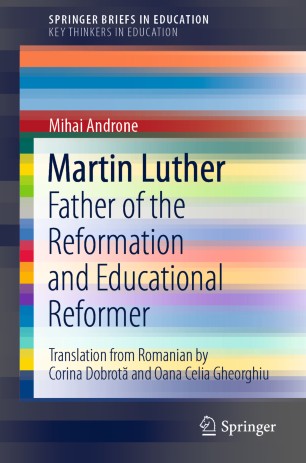

Most ebook files are in PDF format, so you can easily read them using various software such as Foxit Reader or directly on the Google Chrome browser.
Some ebook files are released by publishers in other formats such as .awz, .mobi, .epub, .fb2, etc. You may need to install specific software to read these formats on mobile/PC, such as Calibre.
Please read the tutorial at this link: https://ebookbell.com/faq
We offer FREE conversion to the popular formats you request; however, this may take some time. Therefore, right after payment, please email us, and we will try to provide the service as quickly as possible.
For some exceptional file formats or broken links (if any), please refrain from opening any disputes. Instead, email us first, and we will try to assist within a maximum of 6 hours.
EbookBell Team

0.0
0 reviewsThis book explores specific aspects of Martin Luther’s ideas on education in general, and on religious education in particular, by comparing them to the views of other great sixteenth-century reformers: Huldrych Zwingli, John Calvin, and Philip Melanchthon. By doing so, the author highlights both the originality of the German reformer’s perspective, and the major impact of the main religious movement at the dawn of modernity on the development of public education in Western Europe.
Although Martin Luther was a religious reformer par excellence, and not an educational theorist, a number of pedagogically significant ideas and ideals can be identified in his extensive theological work, which may also qualify him as an education reformer. The Protestant Reformation changed the world, bringing to the fore the relation between faith and education, and made the latter a public responsibility by proving that the spiritual enlightenment of youth, regardless of gender and social origin, is indissolubly linked to instruction in general, and especially to a more thorough understanding of the classical languages, arts, history and mathematics.